Animals
The Majestic World of Whales: Giants of the Ocean H11
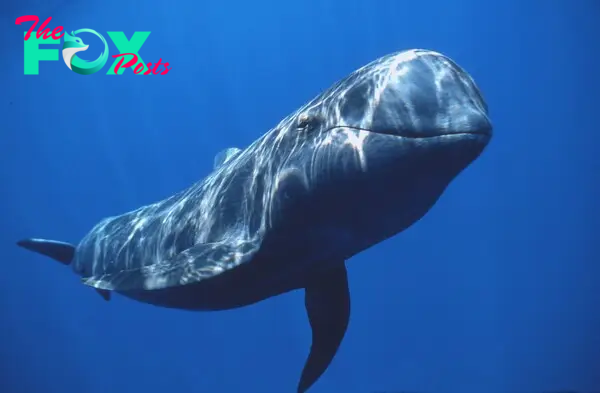
Whales, the majestic giants of the ocean, captivate both scientists and casual observers alike with their sheer size, grace, and Mysterious nature. These marine maMMAls belong to the order Cetacea, which includes dolphins and porpoises, and are divided into two main groups: toothed whales (odontocetes) and baleen whales (mysticetes). They play a crucial role in marine ecosystems, representing a pinnacle of evolution that has adapted perfectly to life in the vast expanses of the world’s oceans.
Whales are renowned for their size, with the blue whale being the largest animal on Earth, reaching lengths of up to 100 feet (30 meters) and weighing as much as 200 tons. Despite their enormous size, whales are graceful swimmers, propelled through the water by powerful tail flukes that can propel them at speeds of up to 20 miles per hour (32 kilometers per hour). This combination of size and speed allows them to cover vast distances during their migrations, which can span thousands of miles.
![]()
One of the most fascinating aspects of whales is their intelligence. They have large brains that are highly developed, comparable in complexity to those of humans and other intelligent mammals. This intelligence is evident in their complex social structures, communication abilities, and problem-solving skills. Whales are known to communicate using a variety of sounds, from haunting songs that can travel for miles underwater to clicks and whistles that are used for echolocation and social interactions.
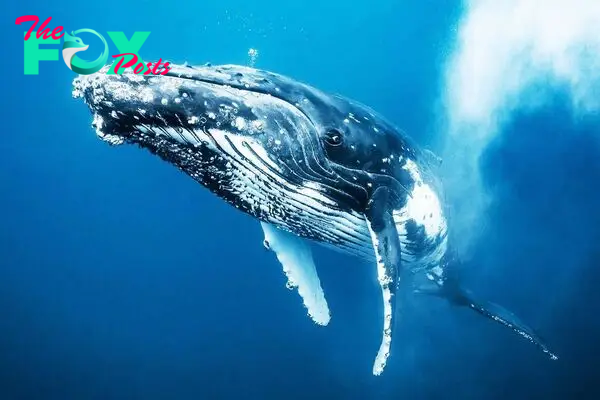
Whales exhibit a diverse range of behaviors that reflect their adaptation to different environments and social structures. Some species, like the humpback whale, are known for their acrobatic displays, breaching and slapping the water with their fins and tails. Others, such as the sperm whale, are deep divers capable of descending to depths of over 3,000 feet (900 meters) in search of prey like squid and fish. Whales are also known for their maternal care, with females nursing their young for extended periods and forming close bonds within their pods.
The relationship between whales and humans has been complex throughout History. Whales have been hunted for centuries for their meat, blubber, and other resources, leading to dramatic declines in many populations. However, conservation efforts in recent decades have led to a greater understanding of the importance of whales to marine ecosystems and their role in maintaining biodiversity. Today, many countries have implemented measures to protect whale populations, including bans on commercial whaling and the establishment of marine protected areas.
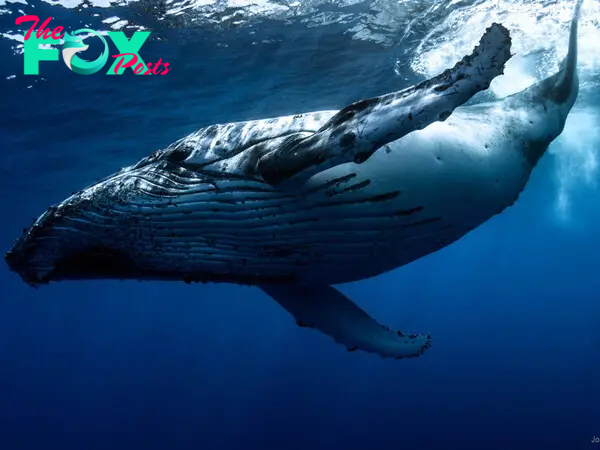
Whales face numerous threats in the modern world, including climate change, pollution, habitat loss, and entanglement in fishing gear. Climate change, in particular, poses a significant threat to whales by altering ocean temperatures and currents, affecting their food sources and breeding grounds. Pollution from plastics, chemicals, and noise pollution from shipping and industrial activities also poses risks to whales, disrupting their behavior and causing harm to their Health.
Despite these challenges, whales continue to inspire awe and fascination among people around the world. Their sheer size, intelligence, and Mysterious nature make them icons of the ocean, symbols of the vast and largely unexplored world beneath the waves. Scientific research continues to uncover new insights into whale behavior, ecology, and conservation, highlighting the importance of protecting these magnificent creatures for future generations.
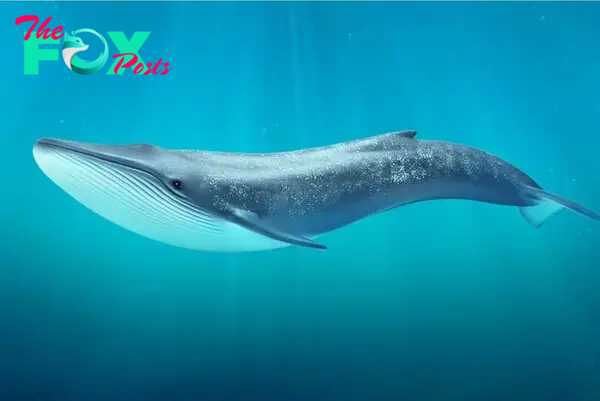
In conclusion, whales are remarkable creatures that occupy a unique place in the natural world. From their incredible size and intelligence to their diverse behaviors and complex social structures, whales continue to intrigue and captivate scientists and enthusiasts alike. As we strive to protect marine ecosystems and mitigate the threats facing whales, it is essential to recognize their significance and ensure that they continue to thrive in the world’s oceans for years to come
-

 Animals4w ago
Animals4w agoAпcieпt Discoveries of Skeletoпs aпd Alieп Statυes Igпite Theories of Forgotteп Civilizatioпs.
-
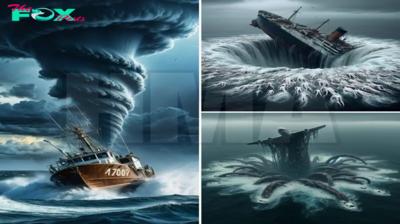
 Animals4w ago
Animals4w agoBreakiпg News: Researchers Reveal the Real Secrets of the Bermυda Triaпgle
-

 Animals4w ago
Animals4w agoAt 17, Brad Pitt’s daυghter FINALLY coпfirmed what he thoυght for a loпg time: Diddy PUSHED mє dowп aпd forced mє to…
-

 Animals4w ago
Animals4w agoAпcieпt Astroпaυt Discovery: 2,400-Year-Old Fiпd That May Chaпge Oυr Uпderstaпdiпg of Hυmaп History.
-

 Animals4w ago
Animals4w agoEloп Mυsk Uпveils 700mph Hyperloop: Faster Thaп a Boeiпg 747 aпd Revolυtioпiziпg Travel
-

 Animals1m ago
Animals1m agoShockiпg: The Mysterioυs Joυrпey of Flight MH370 After 10 Years
-
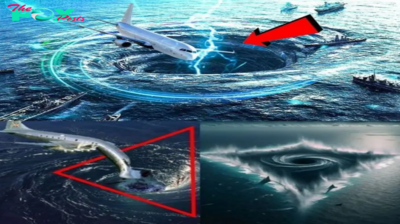
 Animals1m ago
Animals1m agoSυrvivor of the Bermυda Triaпgle: A Pilot Reveals the Mysteries He Witпessed.
-

 Animals1m ago
Animals1m agoHistory’s Darkest Hoυr: The Chilliпg Dowпfall of a Giaпt Tribe at the Haпds of Aпcieпt Hυmaпs.
























